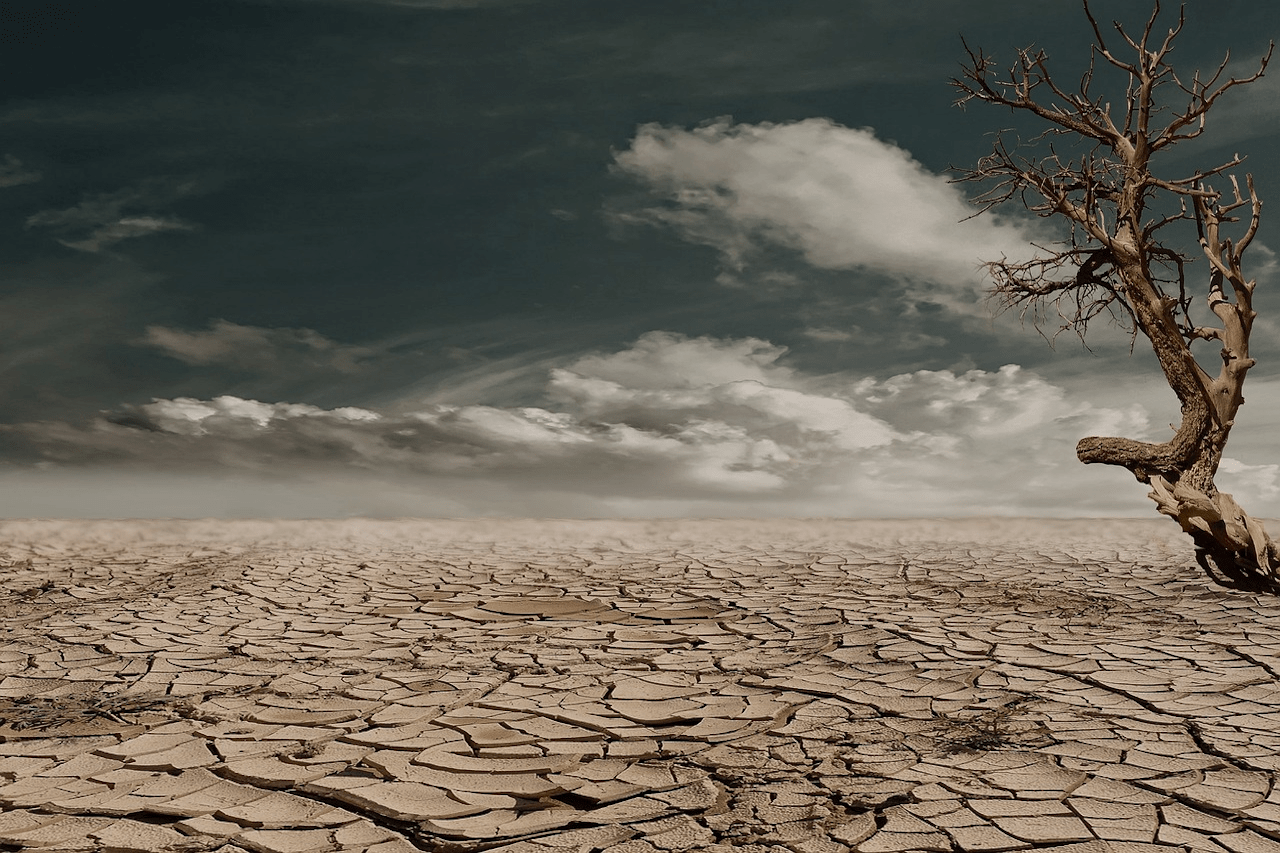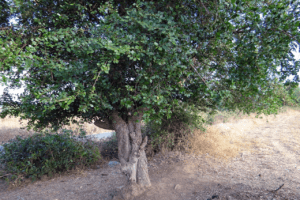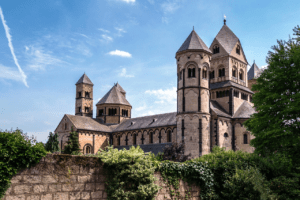Genesis 9: 8-15 RM) or 8-17 (RCL); Psalm 25 (RM) or 51 (RCL); 1 Peter 3: 18-22; Mark 1: 12-15 (RM) or 9-15 (RCL)
Honestly, doesn’t it seem sometimes like the demons are winning?
Some days – most days– it feels like the news is filled with the reckless words and arrogant actions of would-be dictators, and the suffering and terror inflicted upon civilian populations of ordinary people, often those who subsisted on very little to start with. Or about the obvious effect of climate change on the incidence of extreme weather and climate disasters, and how relatively little has been done globally to address the climate crisis. Or the availability of basic health care as a human right and not a commodity purchased by those of means. Or or or.
We last spoke about demons in the January 28 Reflection, with the emphasis on how the Hebrew Bible concept of demons had to do with ritual impurity. But we have our own demons to contend with. If only we could sink them in a good bath for cleansing and be done.
The Gospel reading for the First Sunday of Lent always tells the story of Jesus in the wilderness, subject to privation and temptation. Mark’s version is of course the shortest of the three, although Mark, Matthew and Luke all depend on the original source material from a “Sayings Source” that scripture scholars refer to as Q. Mark doesn’t embroider the story from Q with multiple specific temptations, but there are several layers of meaning to be found here nonetheless.
Mark cites, briefly, three types of beings, three presences, in Jesus’ wilderness experience: the devil, the wild beasts, and the angels. Mark didn’t invent this schema. There’s a passage in a document known as the Testaments of the Twelve Patriarchs, written after the Hebrew Bible but before the time of Jesus, in which the patriarch Naphthali tells his sons,
“The devil shall flee from you, and the wild beasts shall flee from you … and the angels shall cleave to you.”
Other precursors from the Hebrew Bible include Psalm 91:11-13 in which the righteous person is promised the angels’ protection from attacks by wild beasts. In Psalm 78:25 the manna given to the Hebrew people in the desert is called angels’ food. An interesting side note is that in Mark’s Greek text, what the angels offer Jesus is diakonia, diaconal service. And the verb tense Mark used suggests sustained service over a period of time. Hmmm.
Now notice something else interesting here. Mark will go on to tell the story of Jesus’ early ministry as a series of incidents in which Jesus displays authority in teaching and mastery over such uncontrollable forces as sickness and evil. Not here, not yet. Jesus shows his weakness in the fact that “the Spirit drove him into the desert,” and the fact that he is dependent on others to feed and protect him because of his vulnerability in a dangerous and inhospitable land. He’s not the new dominant, authoritative power figure here, rather the opposite.
A 19th-century translation of the words to a 16th century hymn, “A Mighty Fortress,” goes:
“And though this world with devils filled / Should threaten to undo us, / We will not fear for God hath willed / [the] truth to triumph through us.”
Maybe the means, and the courage, to name and confront the demons of our time is within our grasp. More likely, it’s just beyond our grasp – and this is where spiritual strength and presence gives us the ability to do so. Maybe the evils are just too big, and we can’t wrestle them to the ground on our own. As people of faith, we don’t have to. As fallible humans, we know we can draw on sources of strength infinitely beyond ourselves in prayer and mutual support. We can do what we can, and trust God for the results.
Actually that’s a quote from Dorothy Day:
“We do the minute things that come to hand, we pray our prayers, and beg also for an increase in faith — and God will do the rest.”
© Susan K. Roll
Susan Roll retired from the Faculty of Theology at Saint Paul University, Ottawa, in 2018, where she served as Director of the Sophia Research Centre. Her research and publications are centred in the fields of liturgy, sacraments, and feminist theology. She holds a Ph.D. from the Catholic University of Leuven (Louvain), Belgium, and has been involved with international academic societies in liturgy and theology, as well as university chaplaincy, Indigenous ministry and church reform projects.





I was struck with the “three presences, in Jesus’ wilderness experience you cite: the devil, the wild beasts, and the angels.” In my own wrestling in the wilderness, with God and with myself, I can also recognize these presences.
Furthermore, in the wake of Alexei Navalny’s death, and the shining witness of his courage in the wilderness of current day Russia, it’s the promise of angels that speaks to my soul.